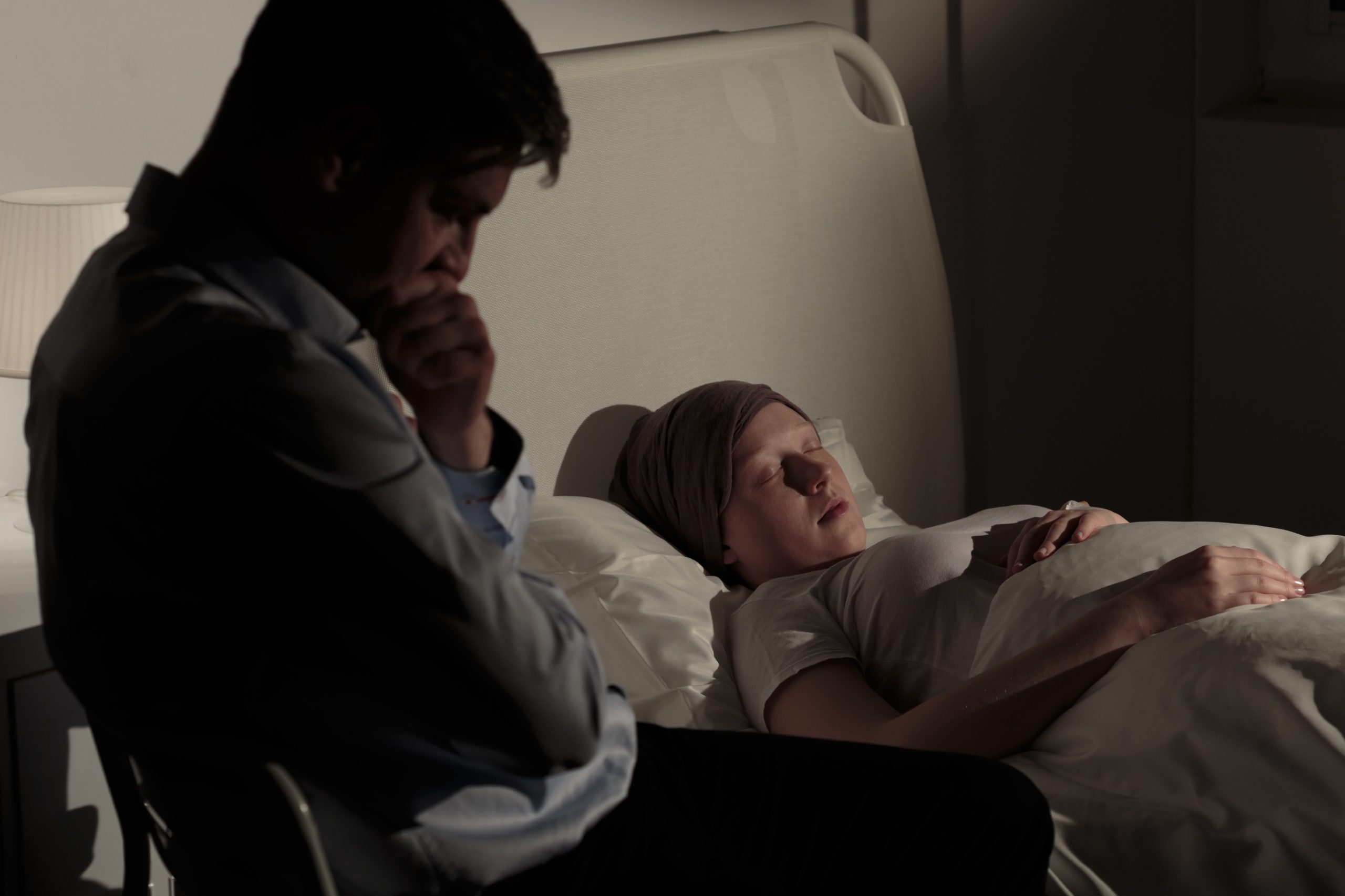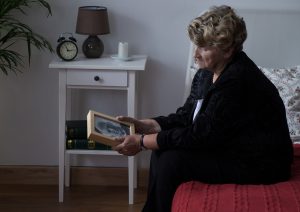COVID-19: Dealing With a Crisis Within a Crisis

As the novel coronavirus rages across the world like a rampaging wildfire, it is not just killing people — it is changing the way we die.
Due to the highly infectious and deadly nature of the virus, social and physical distancing is overturning sacred rituals and altering the way we cope with grief.
In Canada alone, the death toll by the coronavirus has surpassed 4,000.
There is never a good time to lose someone, but the current scenario is making this already painful process twice as hard. Across the world, the death – or the impending death – of a loved one is usually processed collectively. Unfortunately, since the COVID-19 outbreak, this has largely become a solitary battle.
When a loved one is passing, humans rely on certain rituals and traditions, to make it easier for a dying person to pass on as well as for the survivors to cope. People sit by the bed of their loved ones, holding their hand and embracing them in their last moments.
The coronavirus, however, has stripped them of this last sacred ritual as well.
With coronavirus patients, the unimaginably daunting prospect of facing death alone is the only option left.
The feeling of helplessness is not just limited to the dying person, but creates a ripple effect by impacting their loved ones as well who are unable to say their final goodbye and leave without closure. Being close to a dying person and spending time with their body after they have gone are ways for people to accept the reality of death and prepare themselves for the pain of the loss. However, even this is now denied to family members and friends.
Moreover, the deceased person is sealed in plastic and then buried without even the comfort of a funeral for their loved ones which has worsened their grief and impacted billions of people across different faiths.
Followers of Judaism have been restricted on putting earth on the grave of the deceased while people of the Islamic faith have been unable to give the body its final wash before offering it to the soil.
Under normal circumstance, the grieving individuals would go back to a loved one’s house where they would reminisce about happier times and their friends would distract them from the grief. However, the aftermath now is much more depressing with people going home alone and trying to cope with their grief in solitude without the company and solace of a loved one.
Coping with the Impacts of COVID-19
Like the coronavirus, there is no cure for grief; however, there are ways you can cope with it.
The 5 Stages of Grief:
One of the primary ways people can process grief is through the Kubler-Ross model, which is known as the five stages of grief: denial, anger, bargaining, depression, and acceptance. These stages do not have to be achieved in a particular order and an individual need not go through any of the stages just once.
For example, acceptance is not a single moment at the end of the grief cycle. Instead, it could be achieved through many small moments. In fact, it is perfectly normal to experience two different conflicting emotions, like anger and acceptance, simultaneously while dealing with the loss of a loved one. And that’s what we need to strive for.

Don’t Underestimate the Power of Rituals and Ceremonies:
Another way that can help us to combat grief is by comforting loved ones who have suffered a loss. Even though physical contact isn’t possible, we now have ways to hold small virtual memorials in memory of the deceased, including candlelight services, with a promise to hold a funeral when it once again becomes possible to do so.
Ceremonies and rituals have the power to, if not completely heal, than at least endure, partially fill, the holes left by a loved one’s demise. It is never too late to use them.
Maintain a Routine: Many people also cope with grief by maintaining a routine to distract themselves from the pain. This can include getting up at their regular time each morning, dressing up, talking to a loved one online, taking an online class or studying, and even working from home. People who have been told to stay at home may also have more time to take up a new hobby which keeps them absorbed for a short time and let them take a break from the pain and engage in something positive.
Seeking Professional Mental Health Help:
Experiencing the death of a loved one and not having the comfort of fulfilling their last rites can take a toll on anyone’s mind. It is important for you to be aware of some of the common symptoms that come when you are unable to deal with the loss. These include:
Depression
Insomnia
Recurring nightmares
Constant irritability
Inability to move on
Inability to work effectively over time
Heightened reactions
If you are experiencing any of these symptoms, it is important for you to reach out to a health care professional for the sake of your mental health. In these trying times, coping with a crisis can be very difficult. But it is not impossible. Humans have survived all sorts of calamities and they will survive this too.
At Paradise Valley Healing Center, our therapists are offering Skype sessions to help you get back on your feet again after a devastating loss and help you move on with your life.
The very fact that the entire world is in this together might even alleviate the pain a bit. The effects of this pandemic, although unprecedented, will serve as a lesson to future generations on how to cope during crises.
This doesn’t mean much to people who are grieving right now. But later, it might seem more meaningful than it does right now.


